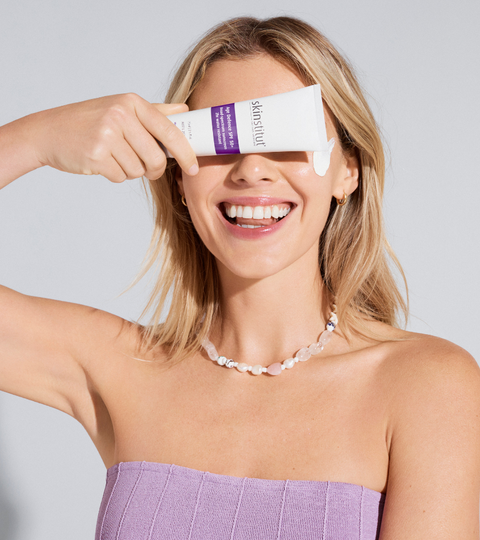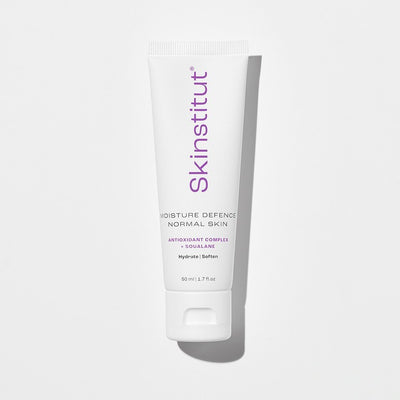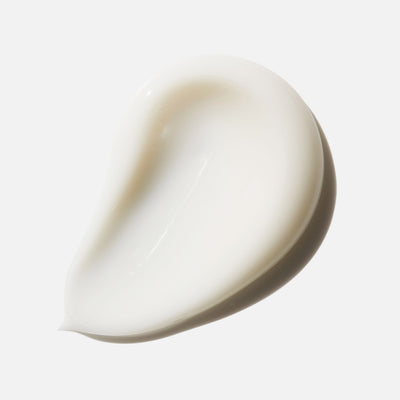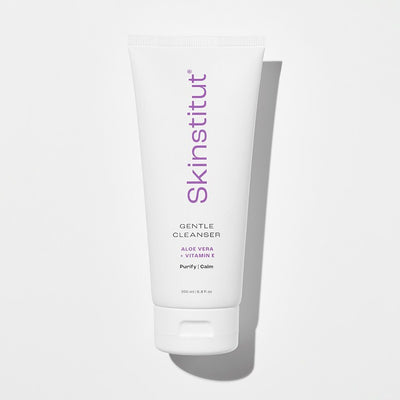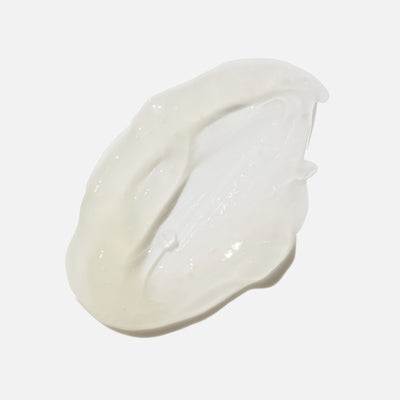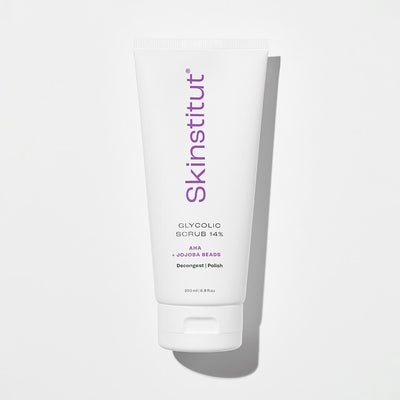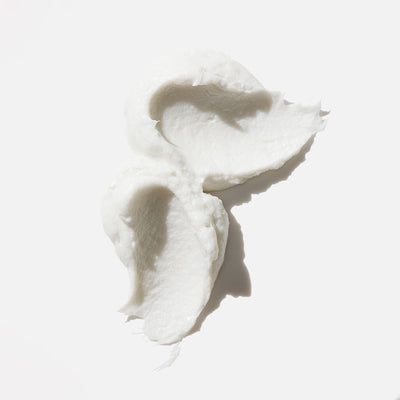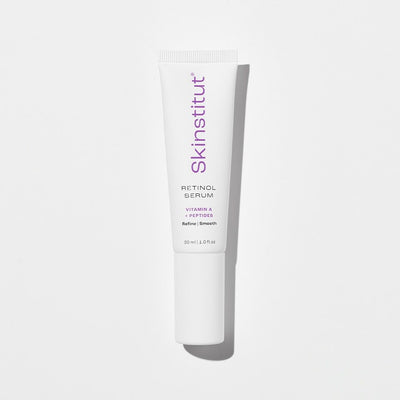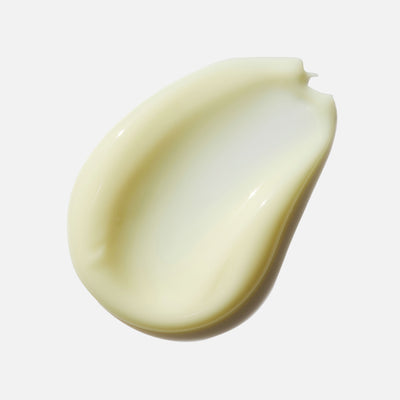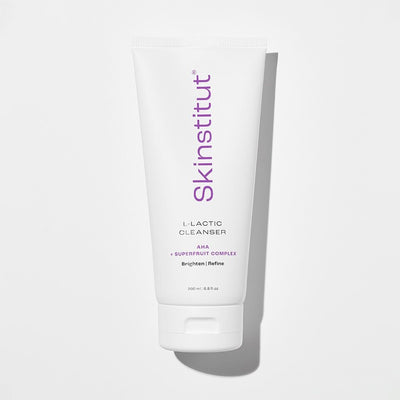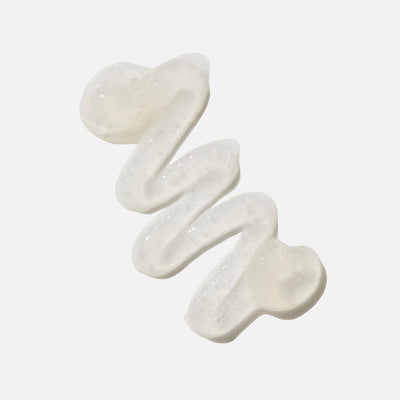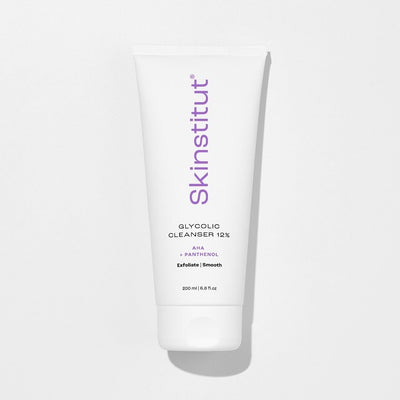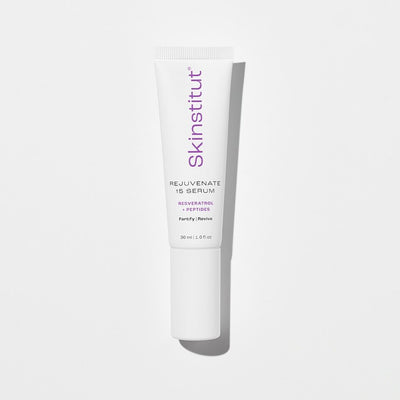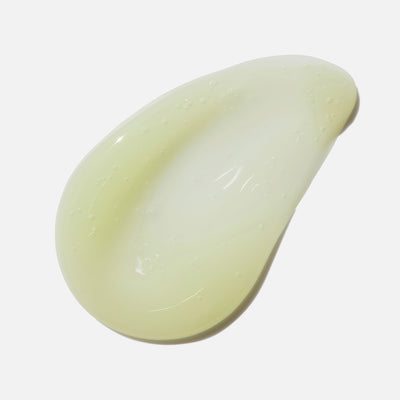La Niña aside, summer is right around the corner and we’re 100 per cent looking forward to it. But, alongside lazy barbies and ocean swims, summer can lead to a number of skin issues, from serious dehydration to unprecedented breakouts.
If you understand a) how your skin behaves and b) the right cosmeceutical formulas to rely on, however, it’s possible to keep your complexion bright, clear and glowing all season long. Read on for six common skin concerns, and our expert tips to help correct them.
Excess Shine
People whose skin naturally produces more oil often find that during the warmer months, shine takes over. Heat and humidity can trigger over productive sebaceous glands, leading to breakouts and congestion (not to mention melting makeup) if you’re not careful.
The solution: Be sure to thoroughly cleanse morning and night, and use lightweight, water-based hydrators in place of oils and butters.
Try:
Breakout Season
Annoyingly, excessive sebum can also mix with bacteria, leading to pimples, pustules and blackheads, and often, it’s not just the face that’s affected:. summer-related breakouts can also manifest on the chest, back and arms – fun!
The solution: Wear loose, breathable clothing if you’re being active, and try to shower as soon as possible afterwards, using a purifying cleanser on pimple-prone areas. Exfoliating a few times a week will also eliminate cellular build up, both preventing and treating spots.
Try:
Dullness and Dehydration
Sun exposure, air conditioning and salt water can all zap water from the skin, resulting in dehydration, and this can happen to oilier complexions, too. You’ll know you’re dehydrated if your skin feels tight, or your complexion looks dull and crepey.
The solution: Work water-binding humectants such as Hyaluronic Acid into your routine. Spritzing on a face mist in between the different steps of your beauty routine can help to bump up hydration, as can avoiding hot showers, dialling down your air con and loading up on SPF.
Try:
UV Damage
Sun exposure is a concern 365 days a year, but it’s especially important to protect your assets in the summer months when the UV index is generally higher (also, we typically spend more time outdoors). Not only is sun damage a cancer risk factor, but it can lead to accelerated ageing, pigmentation and collagen breakdown. That’s a big ‘no’ from us.
The solution: Wear broad spectrum sunscreen daily and reapply every few hours. Protective clothing such as shirts, hats and sunglasses are also a smart move. Working an antioxidant such as Vitamin C into your morning skincare lineup will boost your protection against signs of environmental skin damage, too.
Try:
Pigmentation
We know that sun exposure can trigger pigmentation, but there’s also evidence that heat plays a role in melanin uptake, leading to blotchiness and brown spots. If you already have pigmented skin, you might find it flares up in the warmer months.
The solution: Keep your skin out of direct sunlight, and cleanse with cool water only (the same goes while you’re in the shower). A pigment correcting serum packed with exfoliating acids will work wonders to even and brighten the skin.
Try:
Folliculitis
Most people are familiar with bacterial acne, but it’s less well known that pimples can also be triggered by the overgrowth of fungus, specifically one called Malassezia. This guy exists naturally on our face, but hot, humid conditions can cause it to overpopulate, leading to itchy, red bumps that look and behave a lot like pimples. And if you’re wearing a surgical mask this summer, the risk factors are even higher. If your skin isn’t responding to traditional spot treatments, and you’re experiencing smaller, uniform bumps that itch, it might be fungal. Chat to your dermal clinician to confirm what’s going on.
The solution: Existing fungal acne (also known as Folliculitis) generally needs to be treated with an antifungal medication, but you can prevent its occurrence by cleansing regularly, changing your face masks often and using lightweight hydrators.
Try:
Want to learn more about the benefits of cosmeceuticals? Read up on our latest blog right here.


